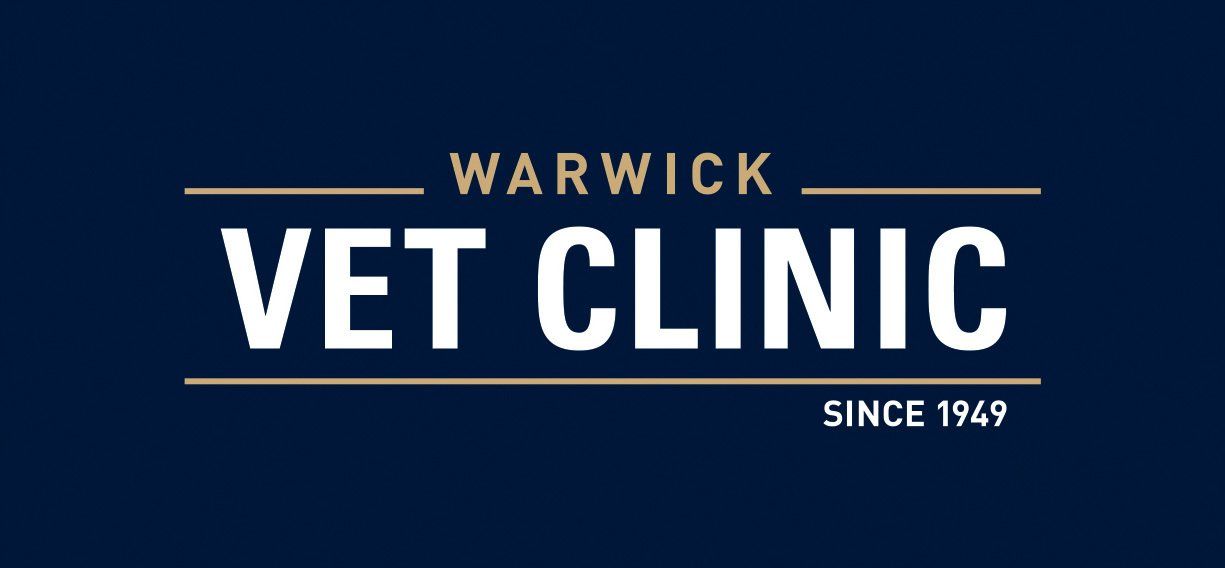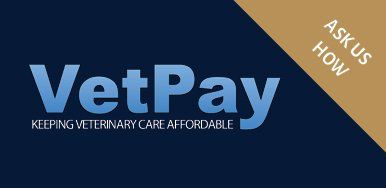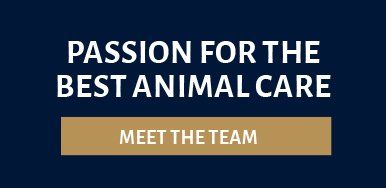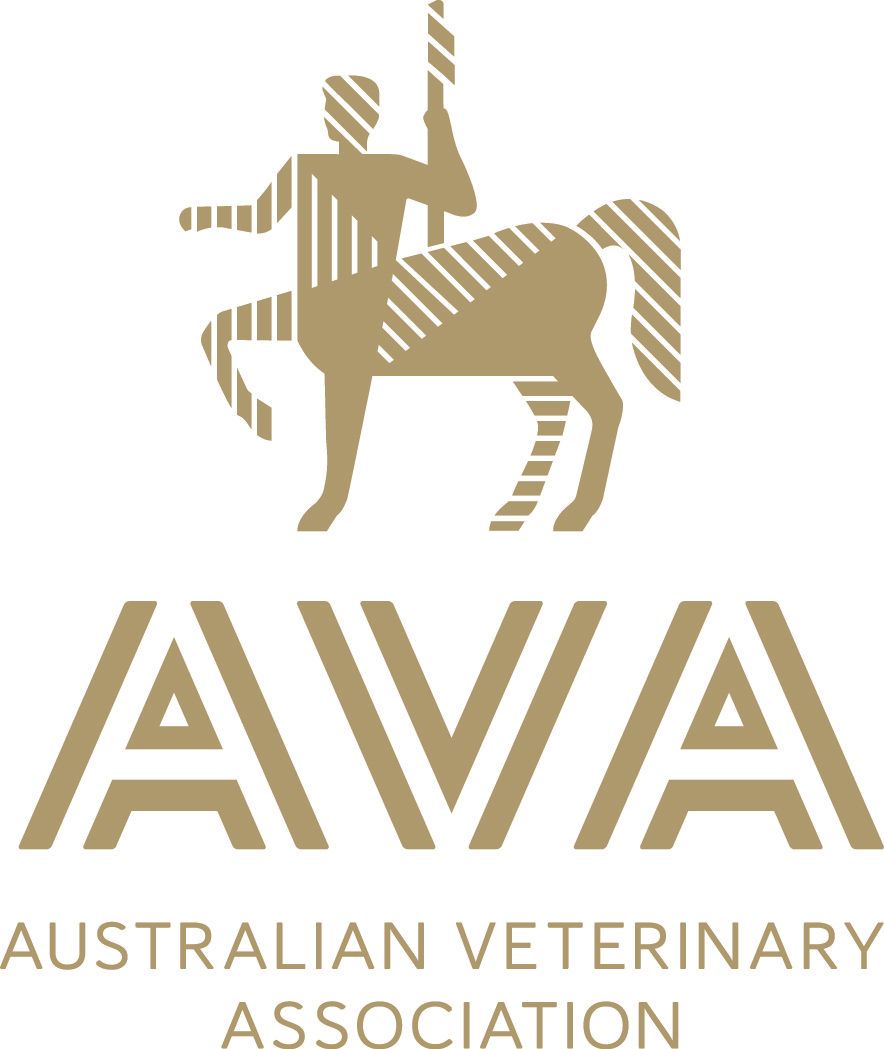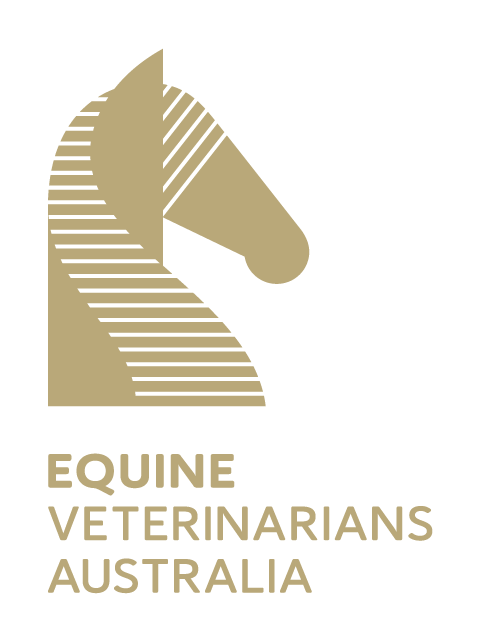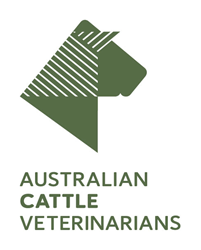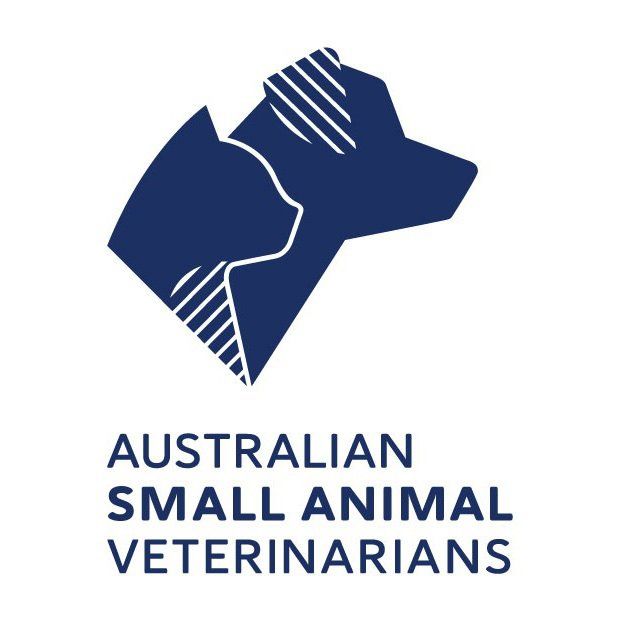GENERAL HEALTH CARE FOR CATTLE
It’s important to carefully manage the health of your herd, whether your livestock are your pets or your livelihood.
Our team of livestock specialists at the Warwick Vet Clinic have put together these cattle care tips to keep your cattle in the best condition.
VACCINATIONS FOR CATTLE
There are a number of vaccines for cattle on the market. You will need to develop a vaccine plan that incorporates what you need for your herd.
There are three types of vaccine, which are used differently. Live vaccines give long immunity with one dose, while inactivated vaccines need a booster dose to maintain immunity. Anti-toxins give immediate short-term immunity.
Commonly used vaccines for cattle
WORMING YOUR CATTLE
Research has shown that de-worming the herd prior to, or shortly after turn out, can increase weaning weights. Consult your veterinarian for the best vaccination and de-worming protocol for your herd.
Cattle are commonly infected with Roundworms. Peak risk periods for worm infection occur during the warm and wet conditions from spring through to autumn, which provide the right environment for larvae to survive in the pasture and infect stock. The life-cycle of most worm species slows over the cooler, drier winter period, but rainfall at any time can boost worm numbers.
Roundworm species include:
- Small intestinal worm (Cooperia spp)
- Barber’s Pole Worm (Haemonchus placei)
- Small brown stomach worm (Ostertagia ostertagia)
